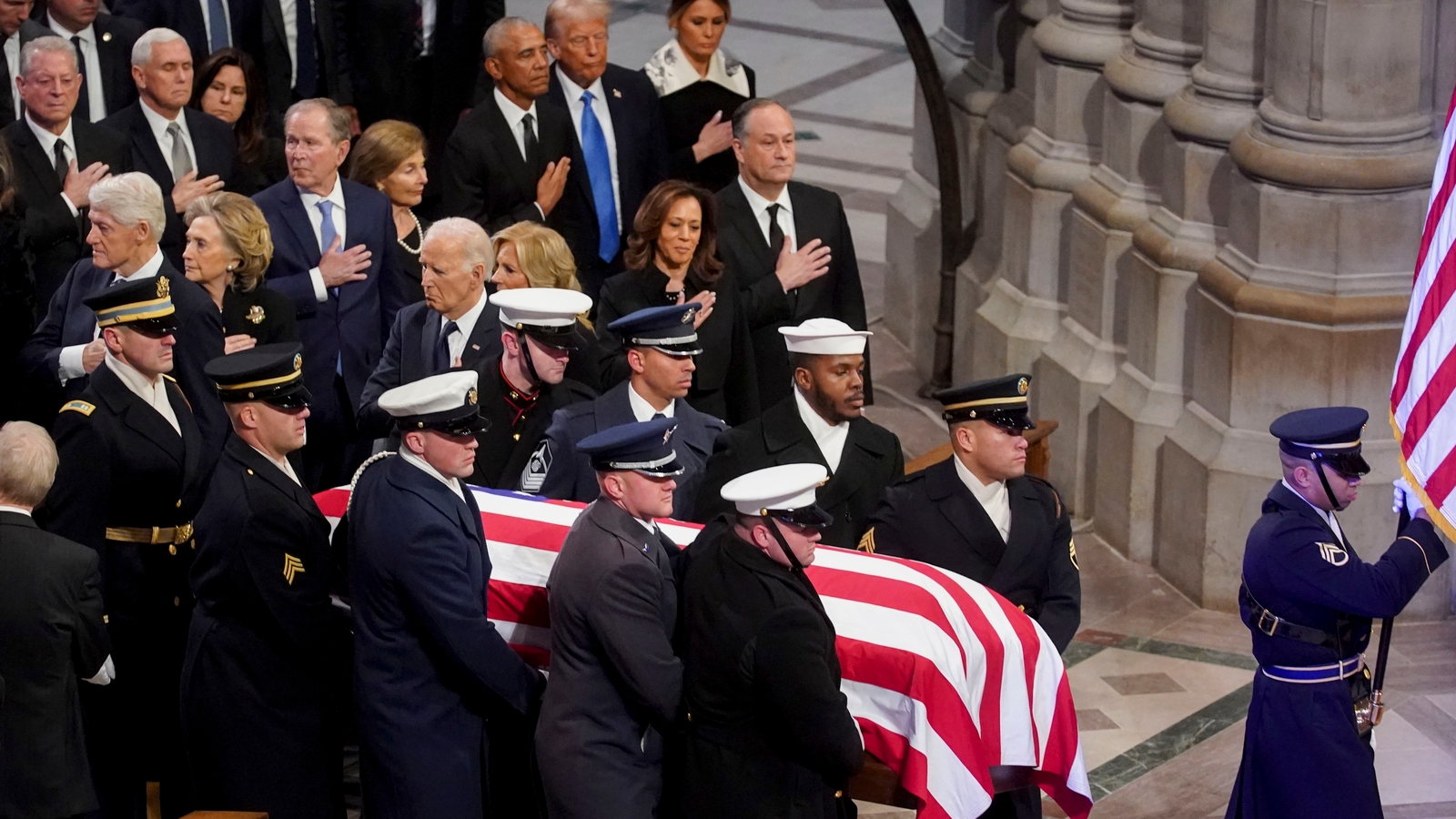Remembering Jimmy Carter: A Legacy of Integrity and Compassion
Jimmy Carter’s presidency was marked by numerous challenges, including a troubled economy and the infamous Iran hostage crisis. Despite these setbacks, Carter's integrity and post-presidency humanitarian work crafted a lasting legacy. Not only did he maintain sincerity as the backbone of his governance, but he also pursued a life of service beyond politics, dedicating his efforts mainly through the Carter Center. This dedication to global health and democracy has inspired many, proving that honesty and empathy transcend political goals.
A Presidency Fraught with Challenges
The 39th President of the United States, Jimmy Carter’s tenure from 1977-1981, faced tumultuous times. Domestically, the U.S. grappled with economic stagflation, and internationally, Carter navigated the Cold War's complexities. Though he championed notable policies such as the Camp David Accords, his administration struggled amid crises like the energy shortage and the Iranian hostage situation.

An Era of Economic Strife
Carter inherited a struggling economy highlighted by high unemployment and inflation. His initiatives like the Department of Energy aimed at long-term solutions. Yet, immediate measures met mixed outcomes, leading to political and public criticism. Despite these hurdles, Carter’s forward-thinking energy policies laid groundwork for future advancements.
Post-Presidency: A Humanitarian Vision
"Human rights is the soul of our foreign policy, because human rights is the very soul of our sense of nationhood." – Jimmy Carter
Post the presidency, Carter emerged as a globally admired figure. Through the Carter Center, established in 1982, he fought diseases, observed elections, and championed peace and human rights. His relentless pursuit of global eradication of guinea worm disease stands as a testament to his humanitarian vision.
- Founding of The Carter Center in 1982
- Monitoring elections in over 80 countries
- Public health initiatives reducing the spread of devastating diseases
- Nobel Peace Prize recipient in 2002 for decades-long humanitarian efforts
A Model of Integrity
Carter’s unwavering commitment to ethical standards during his presidency set a precedent for future leaders. His approach demonstrated that integrity in leadership is not only desirable but essential. Academics and politicians alike study Carter's methods for insights into honest governance.
Reflections on Leadership
Carter's life of service invites reflection on leadership's true essence—serving others selflessly. His story teaches current and future leaders the significance of honesty and compassion in public service. In this respect, presidents and influencers
can learn from his insightful works, drawing lessons on integrity and perseverance.Commentary from figures such as historian Douglas Brinkley emphasize, “Carter's entire life represents what modern leadership could look like if guided by ethics rather than ambition.” In the pursuit of an inclusive history, Carter's life's work exemplifies advocacy for the marginalized.

For more insights on Jimmy Carter's leadership and legacy, feel free to explore his official LinkedIn profile or watch insightful retrospectives on YouTube exploring his impactful life.
